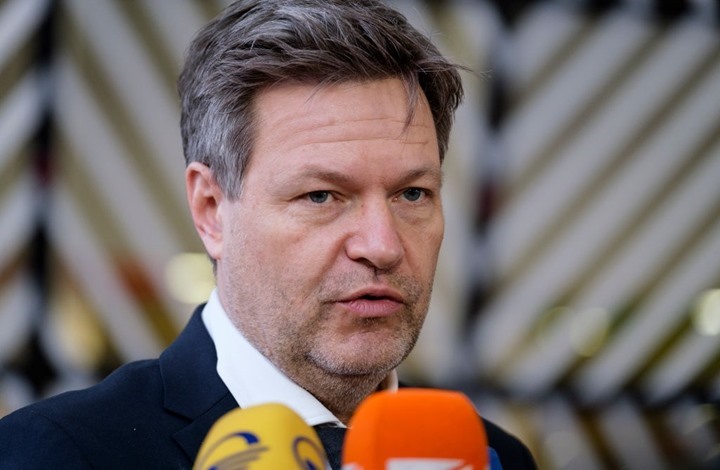German-Qatari energy deal to reduce Berlin's dependence on Russian gas

Germany and Qatar signed a long-term partnership agreement in the field of energy, as the first seeks to reduce its dependence on Russian gas, according to a spokeswoman for the German Economy Ministry.
The agreement was reached during the visit of German Economy Minister Robert Habeck to Doha as part of his country's efforts to diversify its sources of energy supplies, according to the ministry.
The spokeswoman said that the next step would involve the companies involved in practical negotiations on the contract.
In Doha, Habik held talks with Sheikh Tamim bin Hamad Al Thani, Emir of Qatar, which is one of the world's three largest LNG exporters.
European countries are increasingly relying on liquefied natural gas in the context of reducing their dependence on Russian gas after Russia's invasion of Ukraine.
Prior to his visit, which also included a visit to the UAE, Habeck said in a statement to German radio station Deutschlandfunk that his country has major concerns in terms of providing supplies for the upcoming winter season.
He said, "If we do not get more gas next winter, and if deliveries from Russia are reduced, we will not have enough gas to heat our homes and ensure the continued operation of our industrial sector."
Berlin has been criticized for opposing an immediate ban on Russian energy supplies as part of stifling one of Moscow's biggest sources of foreign income.
But Germany believes that a boycott of Russian energy sources would lead to the collapse of its economy and expose its population to a significant increase in energy prices and lead to a shortage of supply.
The contract is a long-term solution and will do little to slow the current flow of European money into Russian coffers, which is estimated to be worth about $285 million per day for oil alone, according to the report.
And according to what the BBC reported, quoting the newspaper, “Opinion polls show that a majority of Germans would be willing to make sacrifices, including higher gas prices if it helped defeat Russia, but the German government either does not believe the polls or believes that the public does not understand the danger.” the real mass unemployment that the ban will entail.
According to the Guardian, Germany imported about 56 billion cubic meters of natural gas from Russia in 2020, equivalent to about 55 percent of its gas imports.

Comments
Post a Comment
You can write your comment here